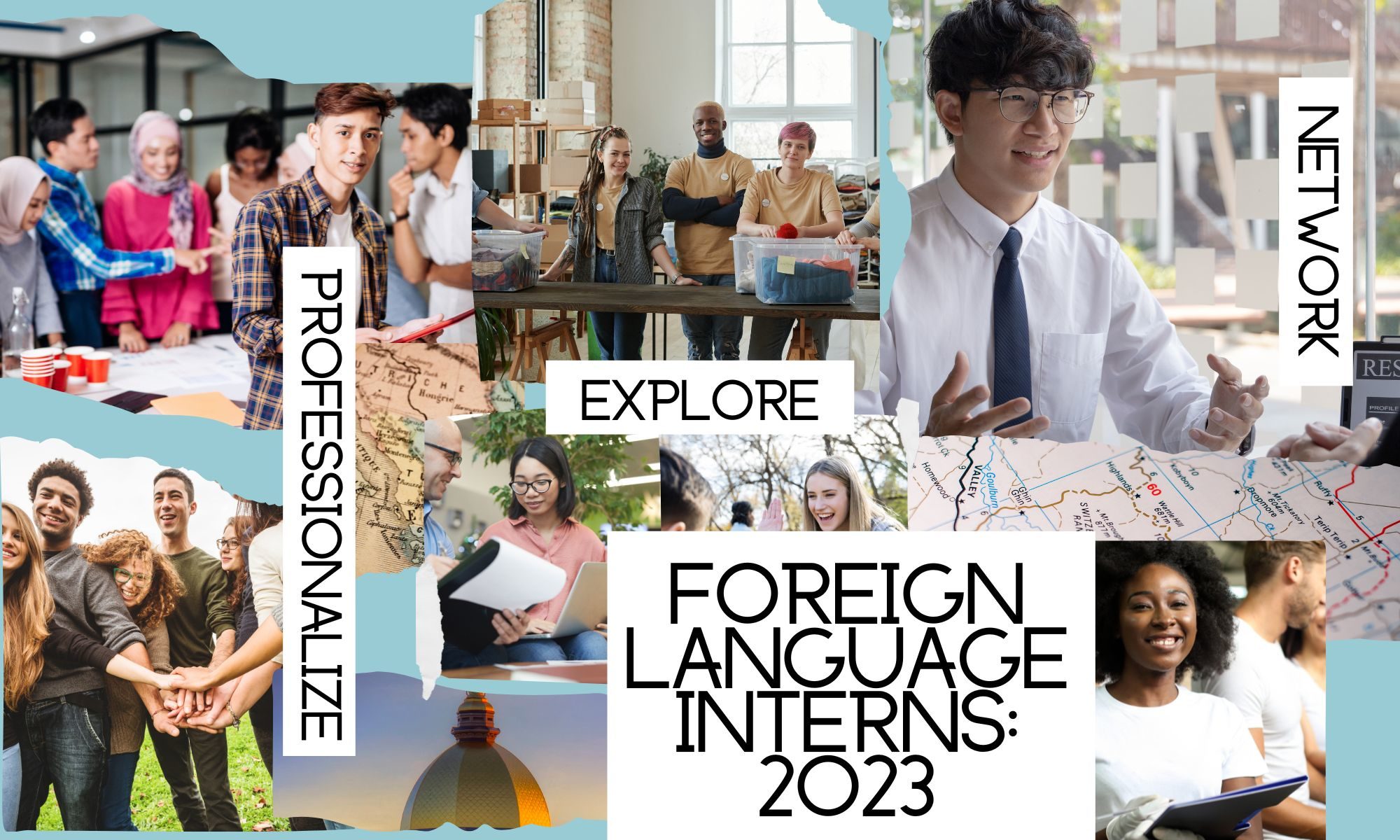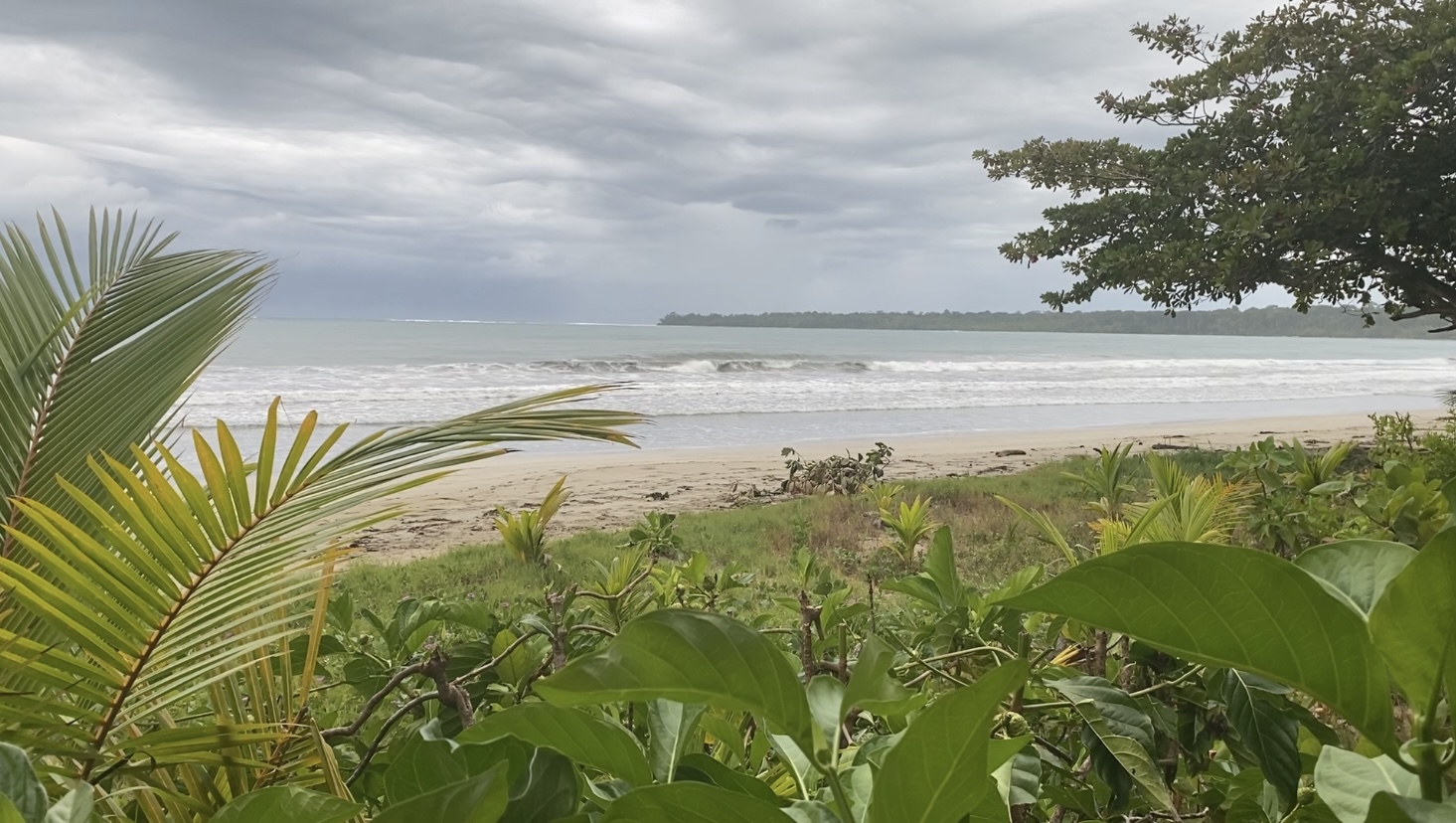Throughout my internship thus far, I have had the privilege of visiting Costa Rican cultural and historical sites, seeing new animals and natural environments, and, most significantly, meeting new people–from Nicaragua, Venezuela, and even Germany! Each week on Mondays through Wednesdays, I hold a 2.5 hour advanced English conversation class for adults. The same three individuals have been attending, and I have had the opportunity to know them on a personal level and learn more about Costa Rican culture. Our conversations have ranged from Disney movies to daycares to job interview questions. Recently, however, much of our conversations have focused on Costa Rican culture and American culture.
Typically, I am the one asking them questions to keep the conversation going; however, on Tuesday, the tables turned and they began the class by asking me questions about any preconceived ideas I had about Costa Rica prior to arriving. After giving them my responses–in which I believed that Costa Rica would revolve around its ecotourism industry and the people would be very chill–I asked them about their thoughts on Americans. Most of their hetero-stereotypes have been based on interactions they’ve had with Americans in SIFAIS (the social work organization I am interning at) and on social media or television. The hetero-stereotypes were generally negative, with my students believing that Americans were very entitled and selfless, unwilling to serve the La Carpio community despite volunteering at a social work organization. Furthermore, they believed this to be true because of how U.S. Americans refer to themselves as “Americans” and not “North/U.S. Americans,” as if the United States is the only legitimate nation in the Americas (emphasis on the “s” in Americas). Additionally, my students thought of U.S. Americans as wasteful, a bit greedy, and thought that they are all mainly white and racist (they were very shocked to see me–an African American/Panamanian as the English teacher).
From what I heard prior to going to La Carpio my first couple of times, La Carpio is the most impoverished and dangerous barrio in all of Costa Rica… it also just so happens to be where a majority of Nicaraguan refugees reside (xenophobia against Nicaraguans?). With La Carpio having such a bad reputation amongst everyday Costa Ricans, I think it may have caused a lot of U.S. Americans to be wary of the people living there and, thus, unwilling to fully serve as volunteers in SIFAIS and other organizations in La Carpio. Much to my surprise, I was told by one of my students that I am the kindest and most humble American that they had ever met. Following my initial shock, I reflected on some of my international experiences with U.S. Americans. Although I believe that there is a large number of U.S. Americans who are selfless and considerate, I do think that a lot of U.S. Americans are out of touch with the hardships and realities of other societies (both inside and outside the U.S.) and often show pity instead of elevating the humanity of those struggling. Regarding their thoughts on Americans as wasteful, unfortunately, I have to agree. However, as a Panamanian-African American, I believe that, from an outside perspective, the racism in the U.S. is exaggerated, because sooooo many other countries have problems with racism (especially anti-Blackness), but their race issues have yet to come to the surface like in the U.S.
Reflecting on these hetero-stereotypes, specifically how Americans have indirectly belittled Costa Ricans and Nicaraguan refugees living in La Carpio, . Overall, it was very beneficial and interesting to hear how U.S. Americans are perceived to be, and I cannot wait to discover more about Costa Rican culture in the coming weeks!

